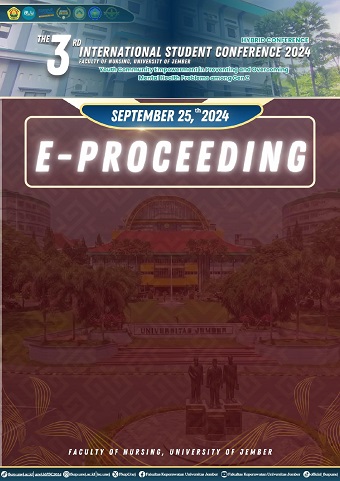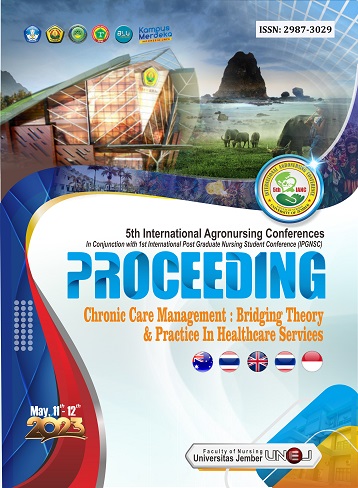Pelatihan Kader Posyandu Balita Dalam Penyiapan Pemberian Makanan Tambahan (PMT) Lokal Bagi Balita Gizi Kurang di Wilayah Puskesmas Kotakulon Bondowoso
Keywords:
local foodstuffs, undernourished toddlers, cadresAbstract
Background: Nutrition problems in infants and toddlers remain a major focus that needs to be addressed and are still a serious problem in Indonesia. Malnutrition in infants and toddlers is one of the main causes of death, the emergence of disease infections, and disability. Toddler Posyandu cadres act as liaisons between health workers and stakeholders who have the ability to recognize and meet public health needs. In addition, Posyandu Toddler cadres can provide information to health workers, understand and respond to community needs, mobilize local resources, advocate for the community, and increase local capacity. This service aims to improve the knowledge and skills of Toddler Posyandu Cadres in preparing and implementing the provision of additional food (PMT) made from local ingredients for toddlers who experience malnutrition status so that nutritional problems can be overcome. Method: The form of service activities carried out is through training, which consists of lecture methods and cooking demonstrations. The training participants were 12 Posyandu Toddler Cadres from the Kotakulon Health Center area, consisting of 4 cadres from Kotakulon Village, 4 cadres from Blindungan Village, and 4 cadres from Dabasah Village. Results: The results of the activity showed that the training provided to the Toddler Posyandu Cadres was able to improve their knowledge and skills, especially in providing nutrition education to mothers of toddlers, especially mothers of toddlers with undernourished status who received PMT. This is very important because mothers have a major role in childcare. Conclusion: The success of the locally-made PMT program for toddlers is less dependent on several factors, such as the right target selection, the correct way to administer PMT, and the appropriate time to administer PMT. In addition, the involvement of human resources such as village midwives, nutritionists, and health cadres is very important. Officers are responsible for ensuring that the implementation, monitoring, and recording of the PMT program runs well.




